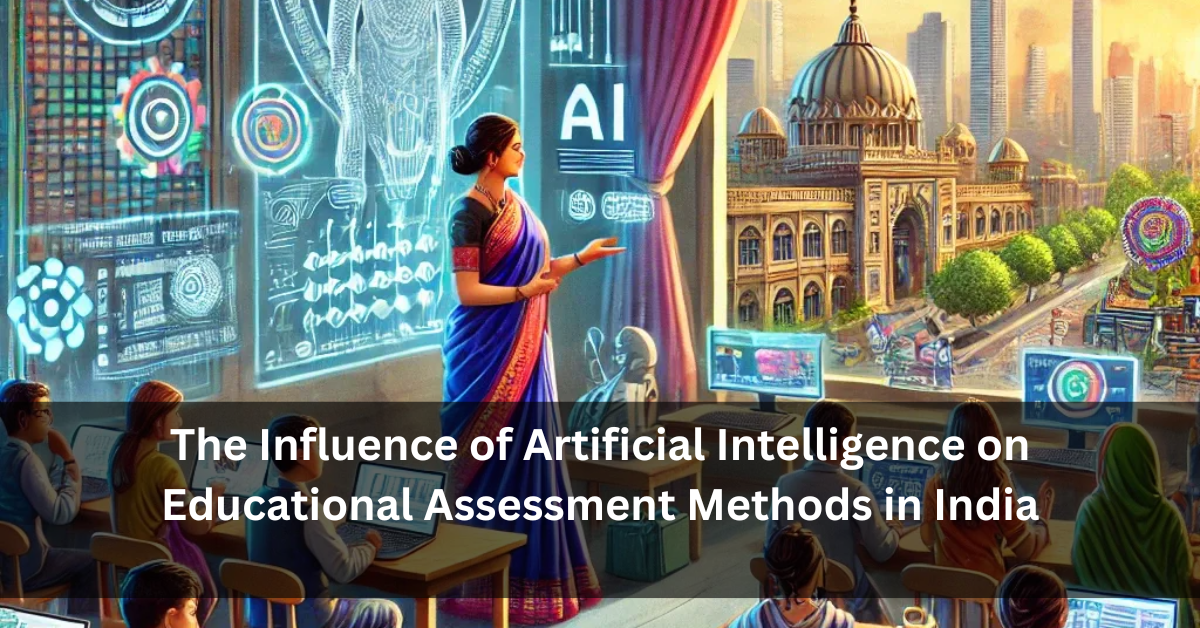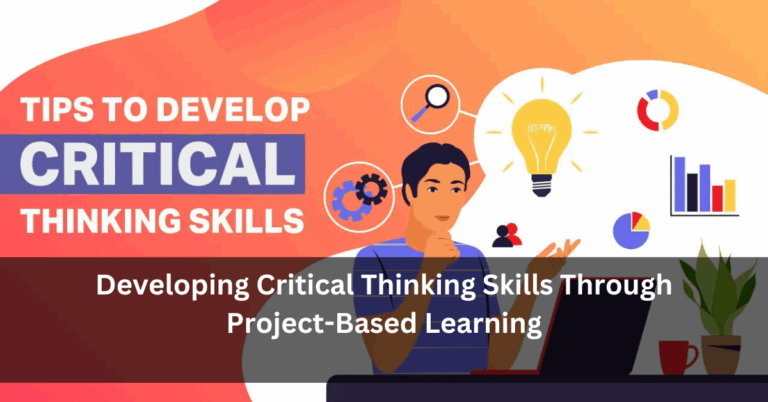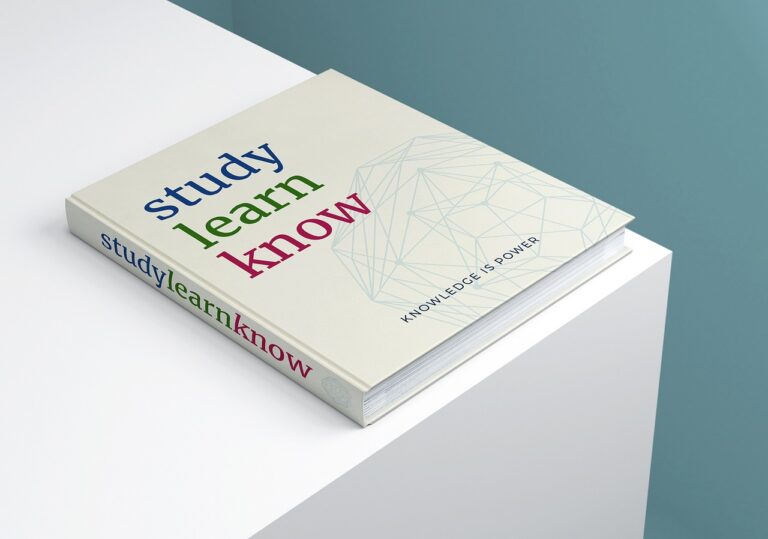The Influence of Artificial Intelligence on Educational Assessment Methods in India
Artificial Intelligence (AI) is becoming a big part of how schools and colleges work, especially when it comes to assessments. In simple words, AI is helping teachers check how students are doing in a faster, smarter, and fairer way.
In India, education is one of the most important parts of a student’s life. With millions of students studying every day, using AI is helping teachers handle large classrooms and give attention to each student where it’s needed.
This blog from Blogs breaks down how AI is changing the way exams and evaluations work, and what it means for students, parents, and schools.
How AI Makes Learning Personal?
Not all students learn at the same pace. Some may be fast in maths, while others might need more help in English. Traditional exams often treat everyone the same, which may not show a clear picture of a student’s strengths and weaknesses.
AI is solving this by offering something called adaptive learning. Here’s how it works:
- AI looks at how a student is answering questions.
- Based on their answers, it changes the next set of questions to match their level.
- It also points out which topics they are weak in, so they can spend more time on those.
This means every student can learn in their own way, without feeling left behind.
No More Waiting for Exam Results
One of the best things AI brings is quick feedback. Earlier, students had to wait for days or even weeks to get their results. Now, AI-based assessment tools can check multiple-choice tests and even simple answers within minutes.
This is helpful for both teachers and students:
- Teachers save time from checking piles of papers.
- Students get instant results and can improve immediately.
Some advanced AI systems are even being tested to grade essays, making it easier for schools to manage board-style exams digitally.
Visit Blogs to read more stories like this.
Real Data, Real Results
AI tools don’t just mark papers. They collect data from every test, every click, and every answer. Teachers can use this data to know:
- Which students are falling behind
- What topics most students are struggling with
- When students perform best (morning or evening)
This helps schools to plan better lessons and focus on the problem areas instead of going blindly through the syllabus.
AI Helps Make Learning Equal
Not all students have the same needs. Some may have trouble reading, others may have physical disabilities. AI can adjust the assessment method to suit every learner.
Here are some examples:
- Voice-based tools for students who can’t type easily
- Visual support for students with hearing problems
- Language adjustment tools for regional students
This kind of flexibility was hard to do earlier, but with AI it’s now possible in both government and private schools.
Blogs cover more updates on inclusive education practices.
What About Privacy and Fairness?
Using AI in education sounds great, but there are a few things we must be careful about:
- Data safety: Students’ answers and learning records should be protected. Schools must use secure systems.
- Fairness: If the AI system is not trained properly, it can sometimes favor certain students over others. This needs to be checked regularly.
- Too much tech: Teachers and students must not become totally dependent on AI. Human connection and classroom discussions are still important.
So, while AI brings a lot of good changes, schools must use it smartly and keep checking how it’s working.
AI in Indian Schools and Boards
In India, CBSE and other boards are slowly starting to include AI in the school system. The National Education Policy (NEP) also talks about bringing in more tech to help teachers and students.
- CBSE has started training teachers to use AI tools in classrooms.
- Schools in cities like Delhi and Bengaluru are using AI platforms for internal assessments.
- Private companies are offering AI tools that work in regional languages too.
These are still early steps, but they are heading in the right direction.
You can read more such tech-education updates on Blogs.
Final Thoughts
AI is helping Indian education move from old-style exams to smart learning. It saves time, helps teachers focus better, and gives students a more fair and flexible way to show what they’ve learnt.
But it’s not a magic solution. It needs good planning, the right tools, and training for teachers. With proper use, AI can truly support better education for all.
Keep visiting Blogs to stay updated on how technology is reshaping classrooms in India.







